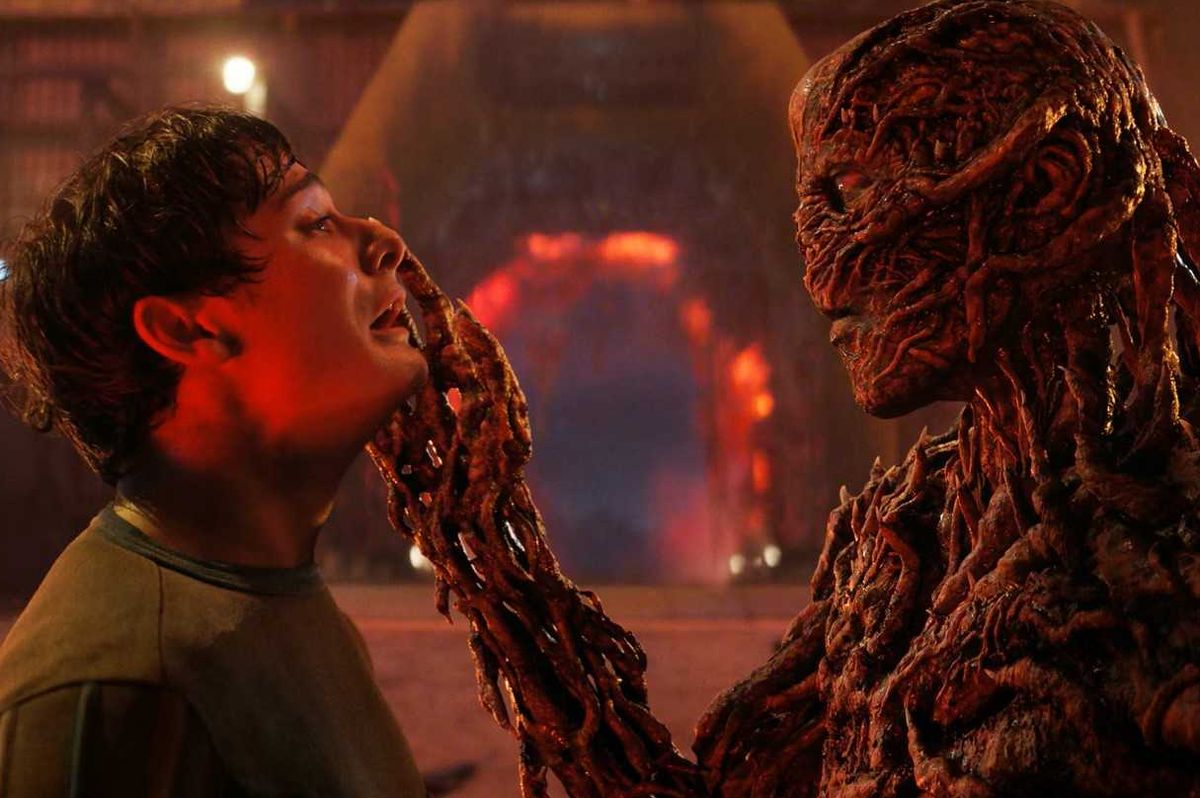
Tristan Collazo broke down Albert Adler’s theory on birth orders and the effect it has on the family unit
A therapist has shaken TikTok after broadcasting a theory about how your place in your family’s birth order can influence your personality and interactions with your siblings.
Tristian Collazo, who holds a Masters degree in Mental Health Counselling, uses his TikTok to share his knowledge about psychology, touching on concepts like borderline personality disorder, social anxiety and narcissism.
A series of videos of his really caught users of the video-sharing app’s attention where he talks about “The Concept of Psychological Birth Order”. This really struck a chord with viewers as lot of people have brothers and sisters and feel they have been shaped by their position in the birth order, a theory from Albert Adler.
According to Collazo, the idea is that psychology birth order is “not merely the order in which you were born” but also, the way new family members mean changes and how you understand it.
For kids raised in the same house, there are a lot of similarities so the differences come about through each child and their “psychological situation”
As baffling as this might be, Collazo says “no two children are born into the same family
Are most younger siblings a bigger handful than their older ones???? Testing a theory here!!!!!!!!!!!— josie duffy rice (@josie duffy rice) 1591362291
“Individuals can identify with more than one birth order category, as all first-born children have all been only children, along with middle children having once been the youngest child,”
In a number of other videos, he goes on to explain the typical characteristics of each birth order.
The oldest siblings tend to be more responsible but also tend to be more perfectionist and that families shove “unrealistic expectations on the eldest child” prompting them to “learn to bear more of the responsibility”
Middle kids can be more competitive as they try to “catch up and surpass” for parental attention, and can lead to resentment as it is “not easy to please parents when you’re sandwiched between the oldest and the youngest.”
Youngest children are advantaged by “not having the disadvantage of having to compete with a new sibling.”
They may get “more attention” and be “outgoing and attention-seeking” but can tend to “feel inferior to their other siblings”
Collazzo asked his viewers if they could relate to what he could say and loads could, with some saying they were “creeped out” by how much it hit home and other decrying it “so true”.













